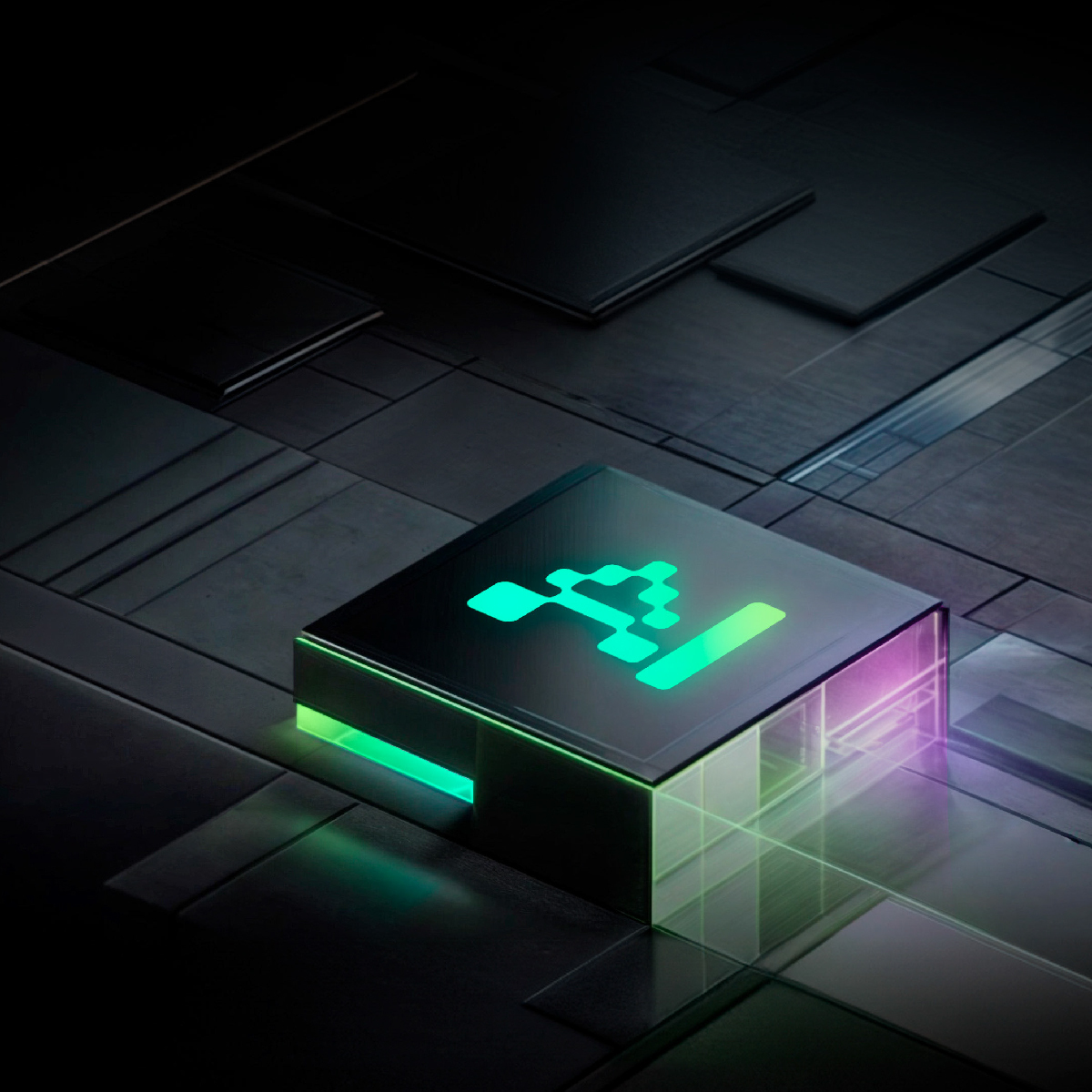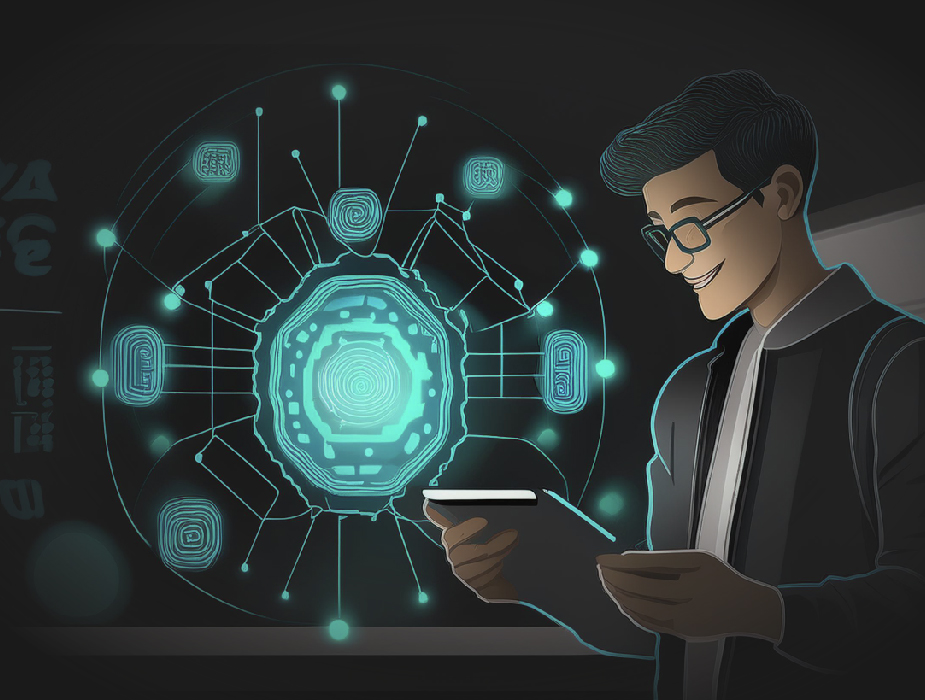Join our newsletter



As summer winds down and the buzz of school buses fills our streets, students across America prepare for another year of learning. But this academic year, there’s a seismic shift on the horizon—one driven by the rise of artificial intelligence (AI). This technological revolution holds the potential to redefine education, particularly for students with intellectual and developmental disabilities (IDD).
A recent study from the Special Olympics Global Center for Inclusion in Education highlights both the optimism and the concerns surrounding AI in classrooms. The research reveals that most educators (64%) and parents (77%) of students with IDD view AI as a powerful tool for promoting inclusivity. While AI will never replace the human touch crucial for flourishing in education, it offers groundbreaking opportunities. Imagine adaptive learning systems that tailor educational experiences to each student’s unique needs—this is the promise AI brings to the table.
Despite the enthusiasm, many educators remain cautious. Many teachers (78%) worry that AI could reduce human interaction in classrooms, with 65% concerned about its impact on students' ability to practice empathy. However, our study finds that teachers with firsthand AI experience are more optimistic about its potential for inclusivity. These educators see AI not as a threat but as a means to inspire innovative teaching methods that better support students with IDD. Comprehensive training on AI tools is crucial to overcoming these concerns and bridging the gap between AI’s potential and its practical application.
Yet, the success of AI in education depends on more than just teacher training. Our study also uncovers a pressing issue: 72% of teachers and 63% of parents are concerned that AI models lack representation of IDD individuals, thus failing to reflect their true capabilities and needs. For AI to be truly effective, people with IDD must be involved in its development and deployment. Companies like Microsoft are leading the way by expanding their design approaches to include cognitive and learning differences, diversifying development teams, and addressing biases in AI training data.
To ensure AI benefits everyone, a collaborative approach is needed. Special Olympics urges AI developers to engage with experts in inclusive education and the IDD community to ensure their perspectives are integrated into product development. This collaboration is essential for creating AI tools that are truly inclusive and effective.